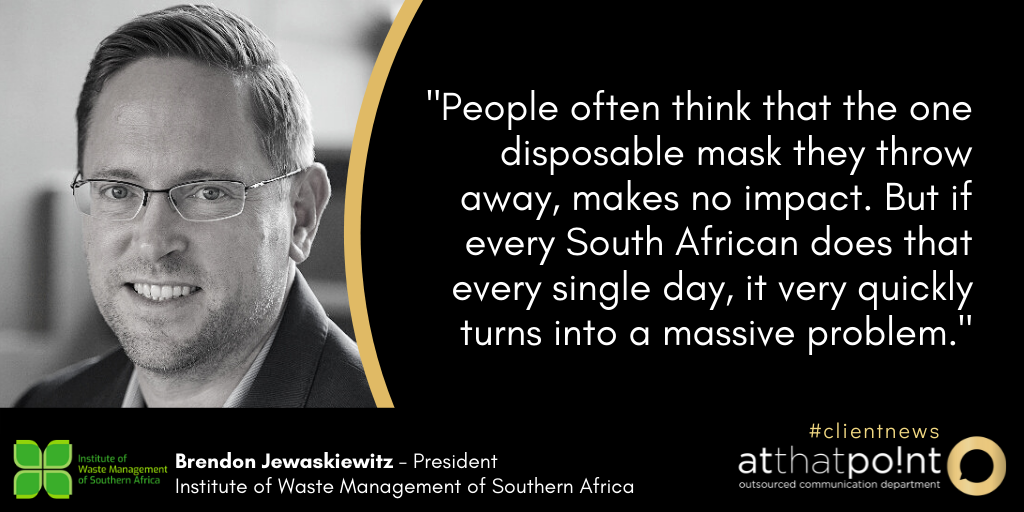 The Covid-19 pandemic has brought about the most flexible period in terms of employment and remuneration practices ever experienced. Companies reacted swiftly to the impact of the pandemic on the workplace and their ability to pay and retain staff. This has never happened in the past, says Yolanda Sedlmaier, Chartered Reward Specialist and executive committee member of the South African Reward Association (SARA). Companies who were already struggling pre-pandemic, paid lower incentive bonuses to their executive and pay increases across board ranged between 0% and 5%. Moral approach However, Covid-19 brought about a far greater moral approach to executive pay and incentives. For many companies, bonus payments for past performance (pre-Covid-19) were put on hold, delayed, cut or reallocated from May last year. “Many companies opted to reallocate some of the money into a company fund to assist staff who ran out of leave and were not able to return to work because of the hard lockdown during the initial stages of the pandemic.” Sedlmaier says the same happened in terms of leave. Companies requested employees who had a lot of leave to sacrifice it in order to allocate it to people who ran out of leave during the hard lockdown. Some companies actually benefited financially due to the pandemic, such as telecommunication and pharmaceutical companies. The demand for computers, data and airtime soared as people shifted from the company office to the home office. Several tech companies were in the position to continue paying their staff as usual, including bonuses. “However, several were circumspective in terms of paying bonuses or giving increases, as they felt a moral obligation not to do so while thousands of people were losing their jobs,” says Sedlmaier. “We are seeing more of that this year. Companies who were still paying bonuses in March last year were more circumspect this year. Covid-19 has certainly impacted on the morality of paying large bonuses in difficult times,” she notes. Retention measures Company executives were “expected” to take pay cuts for a period of at least three months last year, and in some cases the period was extended. Other companies offered all staff a three-month unpaid sabbatical or offered them reduced pay for reduced output. Many companies are quite wary about the possible impact of the third wave. Some have started increasing the number of people working on-site again, but with the third wave they experienced an increase in Covid-19 cases and are re-evaluating these arrangements further. Although there has been a slight pick-up in economic activity recently, the third wave is affecting everyone. “There is a possibility for more job losses,” says Sedlmaier. Future trends
ENDS MEDIA CONTACT: Idéle Prinsloo, 082 573 9219, [email protected], www.atthatpoint.co.za For more information on SARA please visit: Website: www.sara.co.za Twitter: @SA_reward LinkedIn: South African Reward Association Facebook: SARA – South African Reward Association
0 Comments
Leave a Reply. |
Archives
March 2023
Welcome to the South African Reward Association newsroom.
Categories
All
|

 RSS Feed
RSS Feed